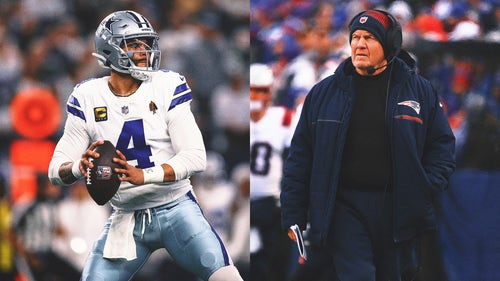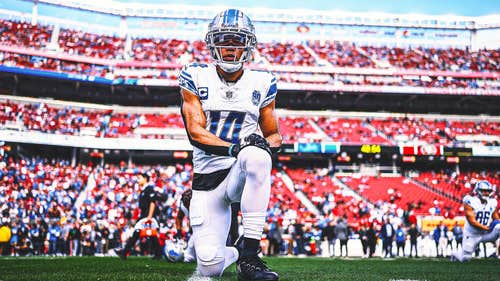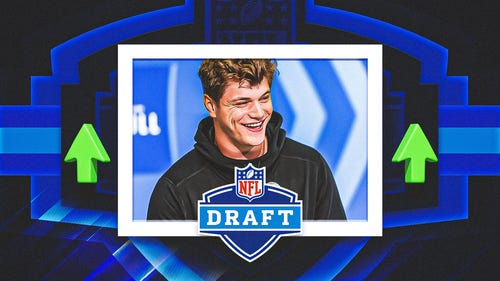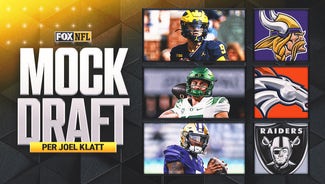
Credibility of witness may be issue
A white towel found on the ground near murder victim Odin Lloyd’s body may give defense attorneys a powerful opening to attack the credibility of the key witness against former New England Patriots tight end Aaron Hernandez.
With it, attorneys for Hernandez have a piece of evidence they could use to assert that Carlos Ortiz — one of three men allegedly present when the former football star is accused of killing Lloyd — was lying when he told investigators he never got out of the car and didn’t actually see the murder.
And that could be just the beginning of problems for prosecutors if they ultimately decide to take testimony in court from Carlos Ortiz, a 27-year-old admitted drug user with an arrest record dating back a decade.
A drug test administered less than three weeks before Lloyd’s killing showed that Ortiz had alcohol, cocaine, PCP and THC in his system, according to court documents on file in Bristol, where he was most recently living at a home owned by Hernandez’s uncle.
“In order to get the devil, you have to go to hell to get your witnesses,” said R. Michael Cassidy, a law professor at Boston College and former chief of the crime bureau in the Massachusetts Attorney General’s Office.
Prosecutors have already assembled a sheaf of phone records, surveillance camera images and other documents that allowed them to build a narrative of the crime that a judge called “very, very strong.” But according to court documents, they also relied heavily on statements made by Ortiz, and if he ends up on the witness stand one day he’ll be an inviting target for Hernandez’s attorneys, Cassidy said.
“Whenever you have to rely on an accomplice who has a lot of criminal baggage, that’s a potential problem for the prosecution,” Cassidy said. “It leaves a hole in your case big enough to drive a truck through.”
Ortiz’s attorney, John Connors, declined to comment.
Hernandez, 23, is scheduled to be arraigned Friday in Fall River, Mass., on murder and weapons charges. He has been held without bail since June 26, and the Patriots cut the former Pro Bowler hours after his arrest. The arraignment could offer his attorneys an opportunity to argue for bail and the chance to take up previously filed motions. Among those motions, filed by the defense, was one that accused investigators and prosecutors of misleading a witness.
It is also possible, but unlikely, a tentative trial date will be set at Friday's hearing.
Prosecutors have alleged that Hernandez summoned Ortiz and another man, Ernest Wallace, to his home in North Attleboro, Mass., late the night of June 16, then took them with him as he drove to Boston early the next morning and picked up Lloyd, a semi-pro football player who was dating the sister of Hernandez’s fiancee. From there, prosecutors have alleged that they drove back to North Attleboro and pulled into an industrial park near Hernandez’s home, driving past a business into an area where mounds of dirt and gravel are covered with thigh-high weeds and surrounded by woods.
There, according to court documents, prosecutors believe Hernandez, Wallace and Lloyd got out of the car. Lloyd was shot several times, and the other three men then allegedly drove the 1.2 miles to Hernandez’s home.
Eight days later, Ortiz showed up for a meeting with his probation officer.
He had been convicted in May of larceny and been handed a six-month suspended sentence and placed on probation for a year. But according to court documents, barely a week after his conviction he told his probation officer he was “abusing PCP, alcohol and THC daily.” And over the coming weeks, he would miss at least three meetings with either his probation officer or intake specialists at a drug-treatment center in which he was ordered to enroll.
When he showed up for that June 25 meeting, his probation officer was waiting with the results of a drug test administered May 30 that found alcohol, cocaine, PCP and THC in his system. PCP is known on the streets as “angel dust,” and THC is the chemical found in marijuana.
Also waiting with his probation officer were detectives investigating Lloyd’s murder. Ortiz, according to court documents, was read his rights and “informed investigators that he wished to speak with them about events that occurred in Massachusetts.” The next day, a judge terminated the case and ended Ortiz's probation, despite the fact he still had 10 months to go. It's not clear from court documents whether the decision by the judge was based in any way on Ortiz's cooperation with investigators.
Among the things he told them, according to court documents, is that on the drive from Boston back to North Attleboro he heard Hernandez complain to Lloyd that he’d been “chilling” with people the football star had problems with. But the two men seemed to smooth things over and even shook hands, Ortiz told investigators.
He also told investigators he fell asleep during the drive, awakening when the car pulled into the secluded area, and that while the others got out of the vehicle he did not. At that point, he said, he heard gunshots, Hernandez and Wallace got back in the car, and the three of them fled to the football star’s home.
Court documents depict a stark scene where Lloyd’s body was found: spent shell casings, blood, and — on the ground nearby — what is described in court documents as a white towel.
The significance of the towel is not spelled out, but much of the timeline laid out by prosecutors is based on cell phone records and surveillance camera images. Among them is film that prosecutors have alleged shows Hernandez, Wallace and Ortiz stop at a filling station on the way to Boston to pick up Lloyd.
In an affidavit, a detective described the back-seat passenger – allegedly Ortiz – getting out of the vehicle and that he “appears to have a light-colored towel draped around his neck.”
While it’s not known whether prosecutors can prove that towel is the one found at the murder scene, it’s not a leap for defense attorneys to use it in court to assert that Ortiz did get out of the car just before Lloyd was killed, Cassidy said. And that opens Ortiz to a cross-examination that might go like this: “If you’re lying about getting out of the car, why should we believe anything else you say? If you’re lying about getting out of the car, why are you lying about getting out of the car?”
“That,” said Boston defense attorney Stephen Weymouth, “would be a tremendous line of cross-examination questions — absolutely.”
A trial is months or more away, and it’s possible Ortiz will never be called to the witness stand.
“The government’s going to spend the next six months or a year trying to prove its case without him,” Cassidy said.















































































































































